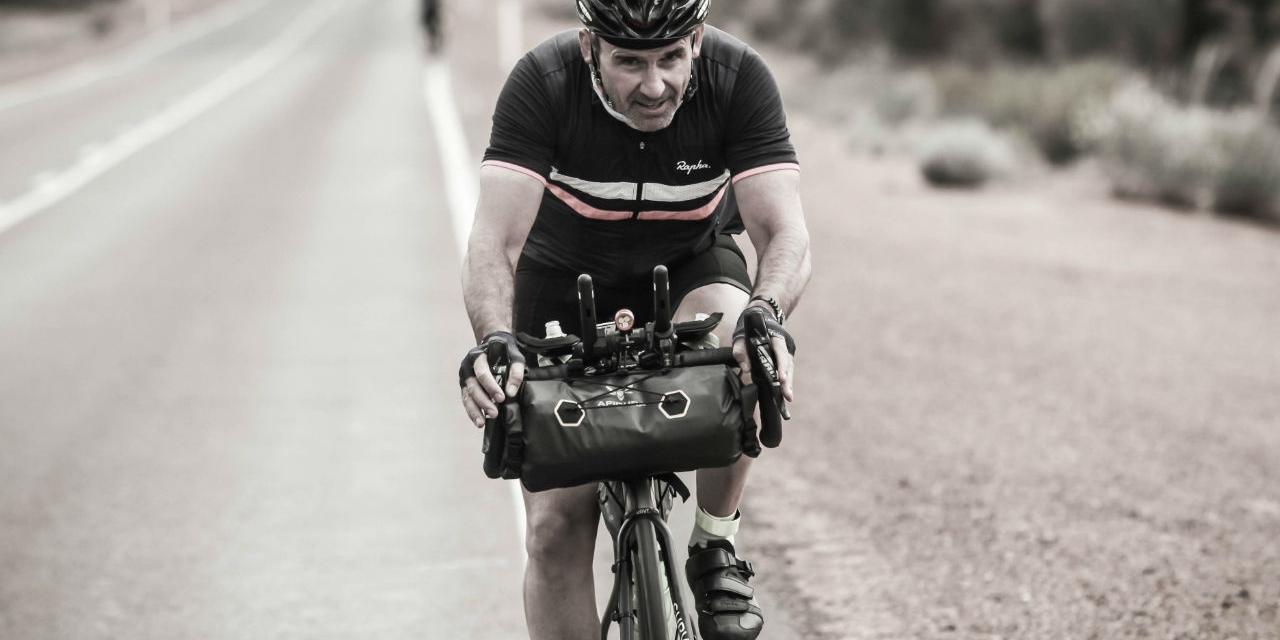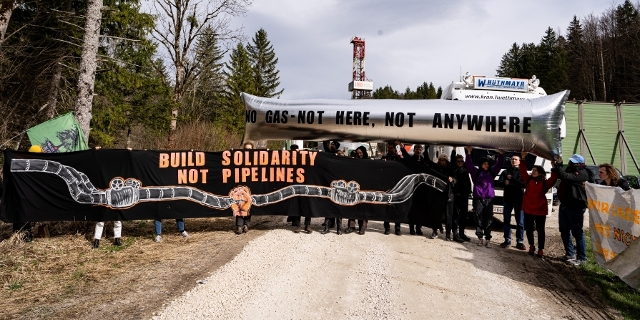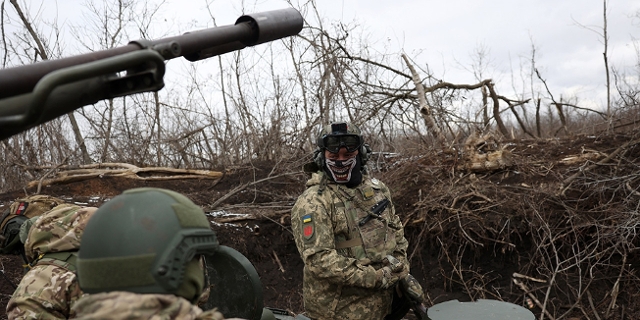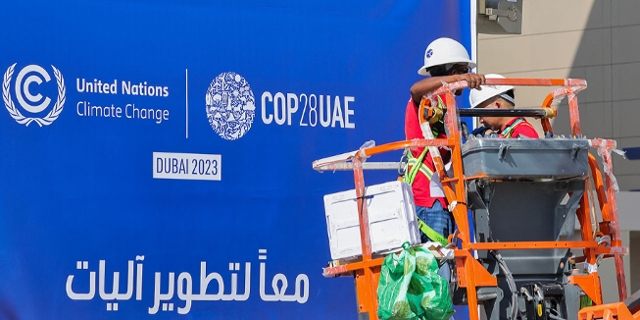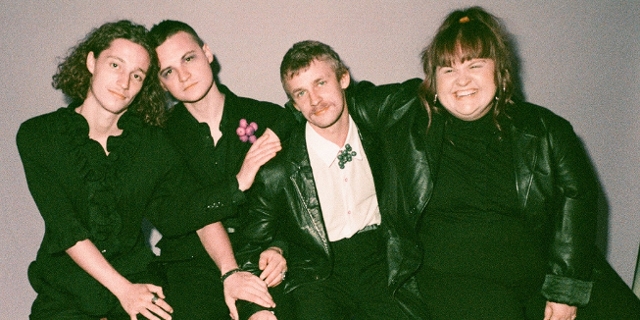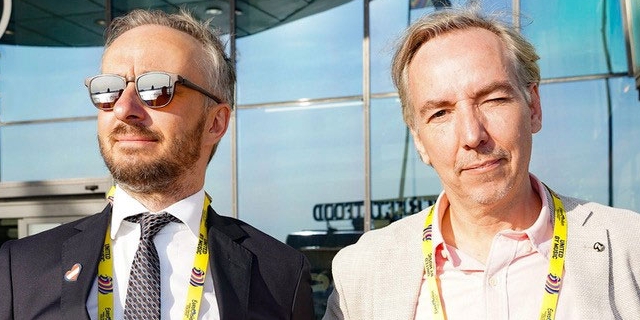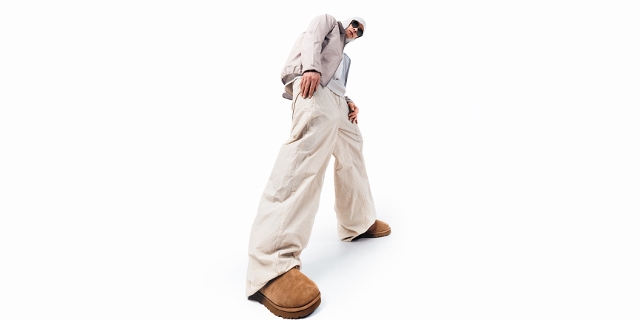The Race Across The Outback
„It was the hardest thing I’ve ever done in my life,“ says Rupert Guinness of his 5,471km cycle ride across Australia. He insists, with a smile, that I note down the exact distance because, after all, „every kilometre counts.“
FM4 Adventurous
Chris Cummins meets extraordinary people who have explored the world by foot, bicycle and even by tuk tuk. On this edition we’ll be talking about saddle-sores, kangaroos and self-discovery. Rupert Guinness took part in the first edition of the Indian-Pacific Wheel Race across Australia.
- every Wednesday at midnight on Radio FM4, in the FM4 Player and in our Interview Podcast
Guinness, a veteran sports reporter who is known to brighten up the press room of the Tour de France with his colourful Hawaiian shirts, took part in the first two editions of the Indian-Pacific Wheel Race.
“There were so many highs and lows,” he recalls. “Of course, I mean that literally, with the geography but also mentally. Your mood would change so many times every day.”
The Overlanders
He’s written a fascinating book about the experience called Overlander. It’s an example of cycling writing at its very best, when the sport becomes a means to meditate on geography, history and culture and also an opportunity, under the big horizons, to look deeply inside the human soul.
The title of the book comes from the 19th century cycling pioneers who inspired of the 21st century Indian-Pacific Wheel Race.
In the 1890s an intrepid bunch of cyclists from the white-settler communities of Australia’s coast started exploring the vast interior of the southern continent on two wheels. They have become to be known as the Overlanders.
“They basically just followed camel tracks or were guided by the position of the sun in the sky,” explains Guinness “and they just tried to discover what was out there.”
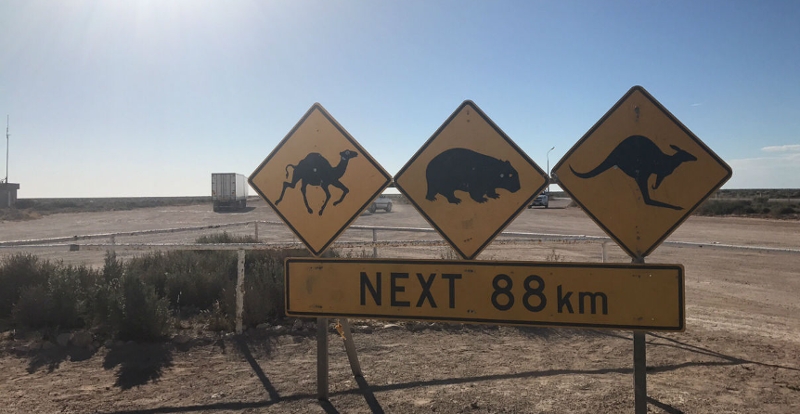
Rupert Guinness
These hardy adventurers strike a romantic and picturesque note in often dark history of Australia’s settler history.
The Overlanders embarked on their off-road odysseys riding sturdy steel bikes and fuelling their efforts with the legs dried of ham that they strapped to their baggage, as well the odd slurp of whiskey. They had shot guns for protection and many wore flannel pyjamas, says Guinness, as the most efficient way of protecting themselves from the hot Outback sun.
Just For Honour
So, to honour these pioneers, who drew the dots between the mines and outposts of early Australian maps, that the first “Indy-Pac” race was held in 2017, with Rupert Guinness on the start line. From Fremantle in Western Australia the route headed to Sydney Opera House on the east coast.
The Indy-Pac is an unsupported race, meaning riders have to carry all the equipment they need themselves and aren’t even allowed to ride in groups. The homepage states austerely; “There is no prize money. Nothing is at stake except honour.”
A Tragedy
Sadly, there is always more at stake than that in any cycling adventure. On 31 March 2017, during the first edition of the Indy-Pac, English ultra-endurance legend Mike Hall was killed by a motorist near Canberra, just over 300km from end of the race.
Guinness was in his own words “half a country away” when he heard the news. He had just arrived at a bike shop in Adelaide and was feeling, after struggling in the first two weeks, that he was just getting into the rhythm of life on the road.
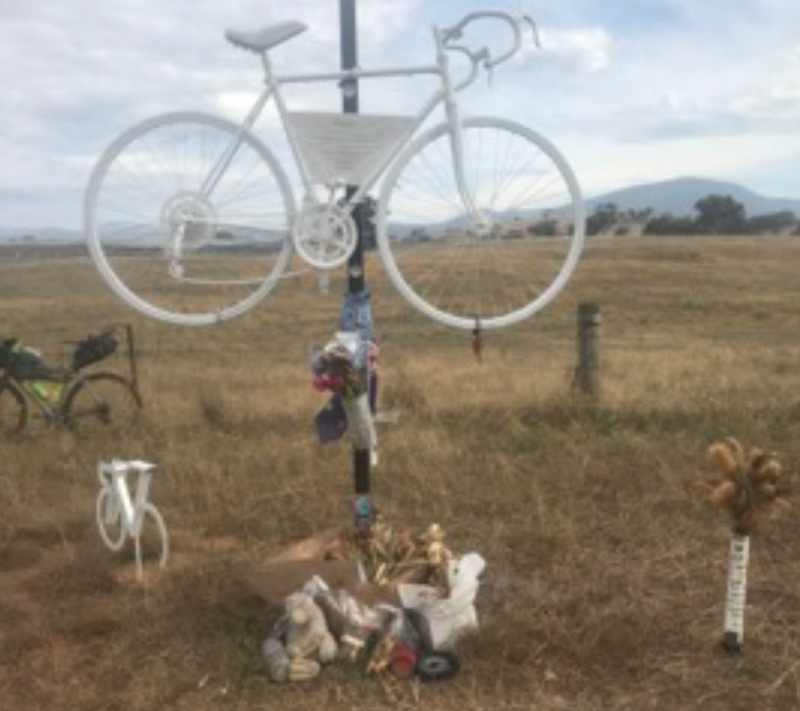
Rupert Guinness
He says nothing prepares you for a tragedy like that. His priority was to reach his wife by phone. She was understandably already frantic at the breaking news that a then unnamed cyclist had been killed in the race. Guinness immediately pulled out, telling her it was just a bike race and soon after the race was officially cancelled, although some riders did continue their trip to Sydney.
Scratching The Itch
That wasn’t the end of the story, however. There was still an itch to be scratched, aggravated by watching those who had persevered arrive in Sydney. Having reassured his wife with an extraordinary bright array of bike lights; and after nights of training in the darkness on Sydney’s Centennial Park, Rupert Guinness was back at the start line next year, ready to face all the hardship all over again.
The stand-out challenge of the Indy-Pac race is the crossing of the Nullarbor Plain, a vast arid expanse of sun-blasted semi-desert. Guinness remembers the wind and heat and the March flies “which bite at you like rabid dogs”. The relentlessness of the riding and the landscape began to play with his mind, inflating the significance of minor mechanical problems.
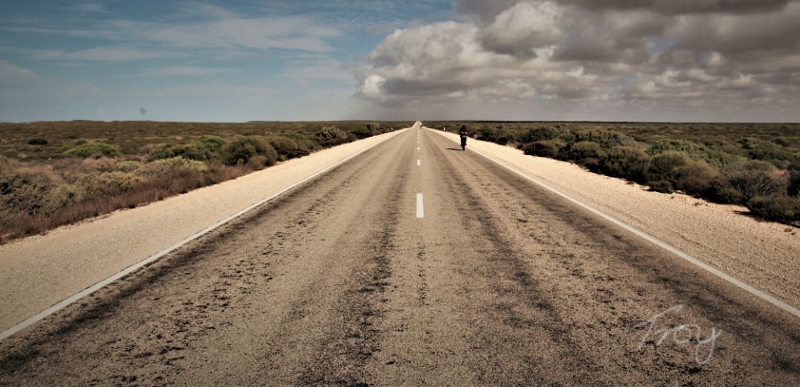
Troy Bailey
And the flies were not the only problem presented by Australia’s famous fauna. Venomous snakes made finding a resting spot a risky business while kangaroos and later even wombats posed a threat. These tourists’ furry favourites would sometimes run straight out into the road, particularly at night. One of the haunting companions for the long-distance cyclist, explains Guinness, is the smell of rotting road-kill.
At night it was so dark that Guinness started imagining he was being pursued by wild animals, a trick of the mind triggered by the odd mysterious rustle and the effects of extreme fatigue.
Nature’s Movie
Yet privations aside, the trip was a revelation. “I never really had a grasp of how diverse and beautiful Australia really is,” he told me. The riders would set off as early as 2am on the Nullarbor Plain to take advantage of the cool of the morning. Guinness was mesmerized by the slow-motion glory of the unveiling sunrise. “It was like nature’s movie and I was the only one in the cinema. And it was all for free. It never got boring.”
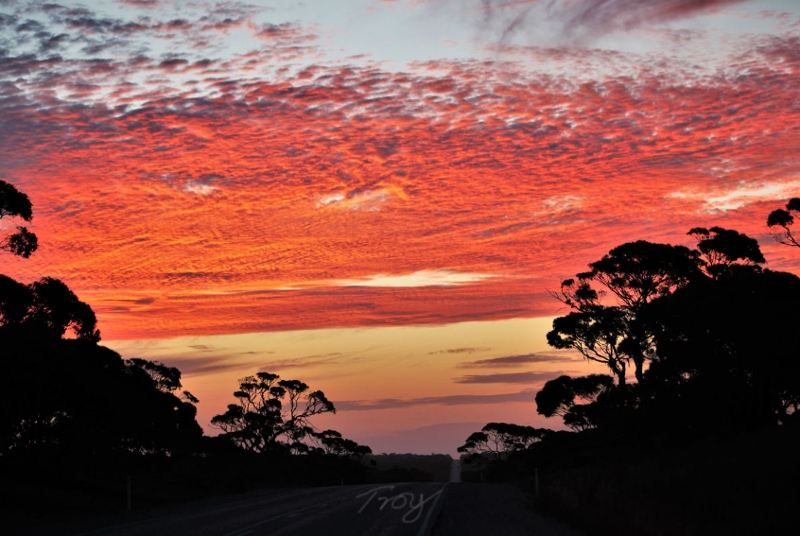
Troy Bailey
As well as the glories of geography there was the chance to get to know his fellow countrymen in the charismatic pubs that water those small, tough Outback communities that lined the route on the Indy-Pac.
“I’d walk in and the heads of five or six locals would turn simultaneously as if they had been choreographed in a dance,” he says. Guinness, who is a genial chap in any case, was “always the centre of attention for my appearance”, he explains laughingly, “because I was in lycra or was smelly. One of the two or both!”
He says he relished these experiences because more than being a race, for him the Indian-Pacific Wheel Race was a chance to get as much as possible from the “sights, the sounds and the smells and, yes, the taste of going to a local pub.”
A Journey of Self-Discovery
Such an adventure can be transformative. The beauty of cycling is that, during the relentlessness of long days of pedalling you can slip into a meditative state and look inwards as well as outwards at the landscape. It’s about exploring the physical world but also exploring deep inside yourself.
“The Indy-Pac helped me deal with a lot of issues,” says Guinness. “It didn’t solve them, but it helped me cope with them and recognize triggers.”
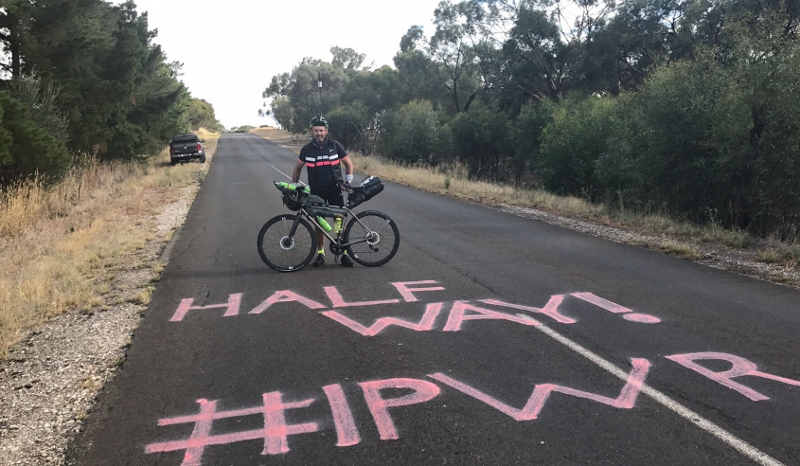
Rupert Guinness
With admirable candour and courage, Guinness says has suffered with self-esteem and confidence issues throughout the life stemming from what he describes as a “roly-poly” appearance and a lack of ability in the “cool sports at school” in a society in Australia that often places huge value on machismo, physicality and sporting prowess.
He got into endurance events, particularly light-weight rowing, to prove himself to his peers and in his efforts to make the weight class for his boat developed the eating-disorder bulimia. He says the condition and feelings of self-doubt have pursued him in the shadows ever since.
“The Indy-Pac helped me realise that we are all human beings. We’re so often trying to blanket over what we perceive as our weakness and only show our strengths. I realized you have to recognize and take ownership of your problems. They are part of you. I came out of it feeling much better about myself, seeing my vulnerabilities are part of a challenge that makes us human.”
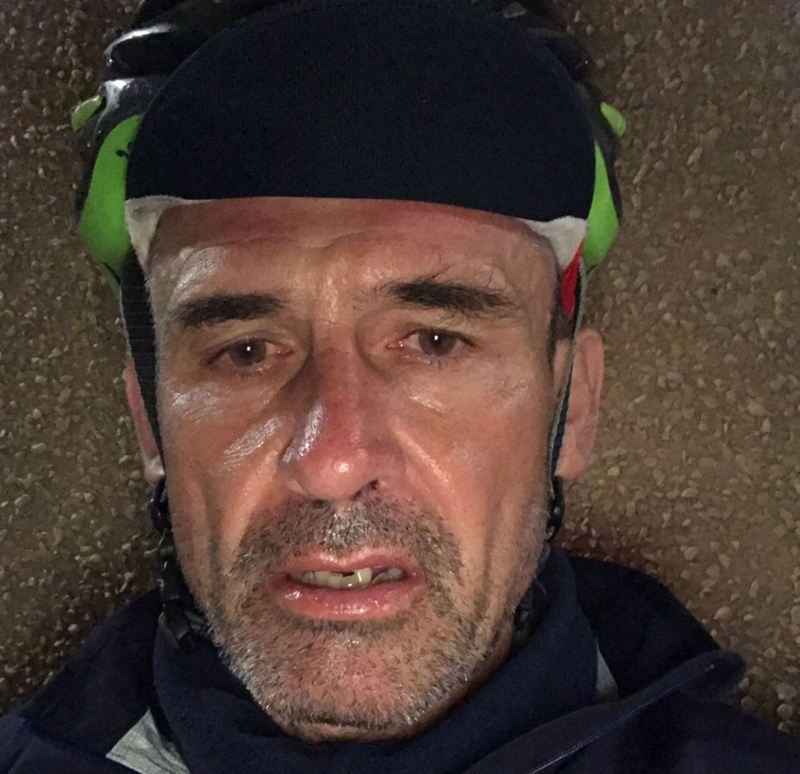
Rupert Guinness
Publiziert am 07.08.2019







